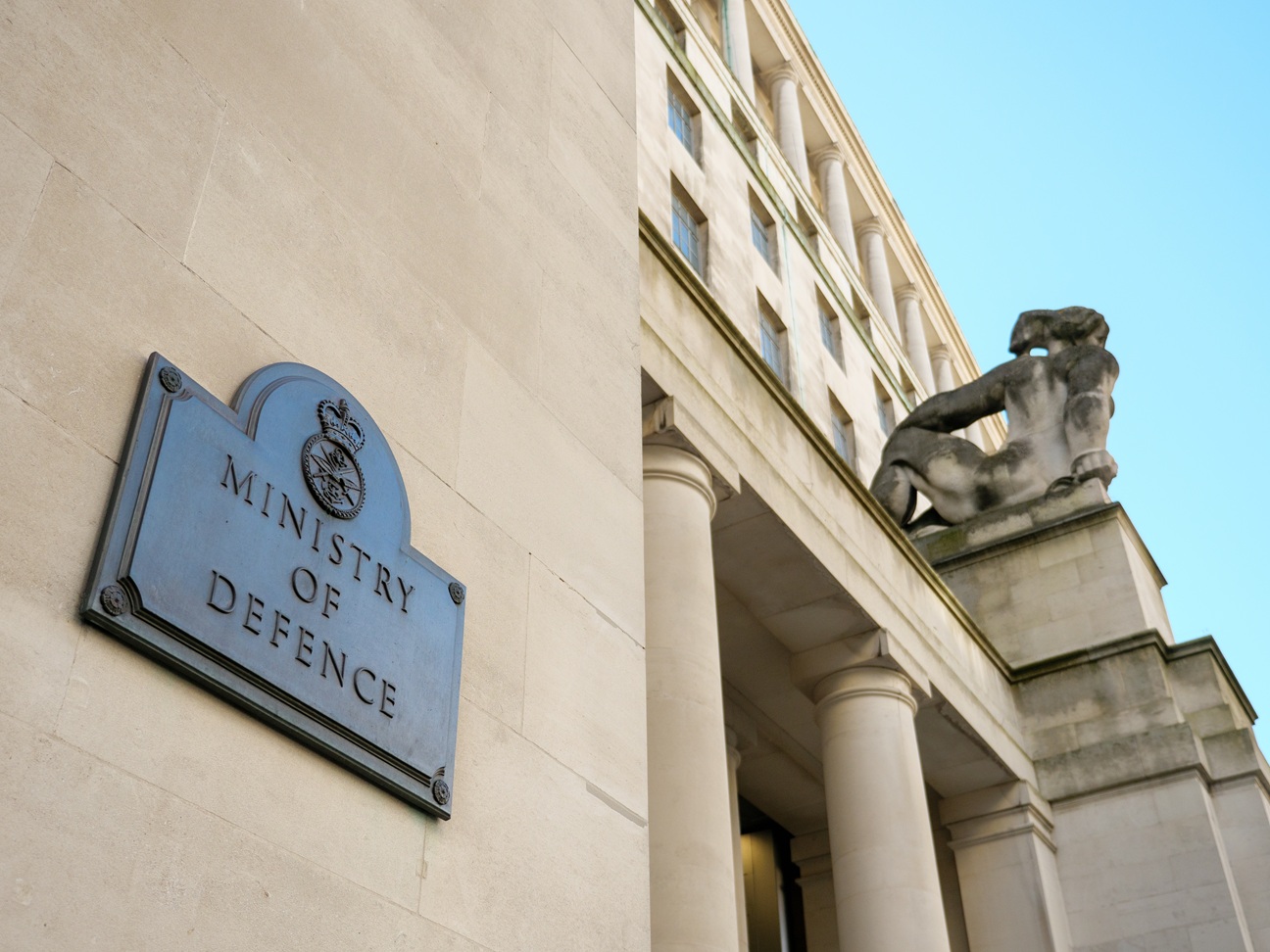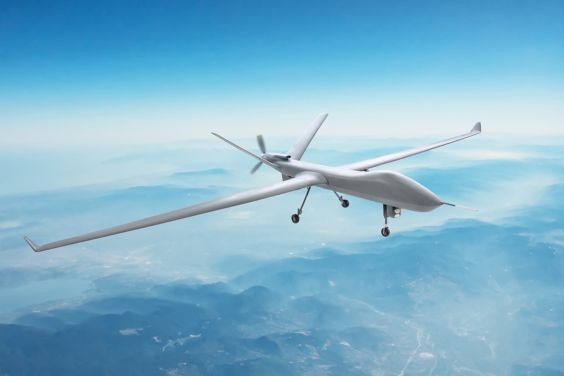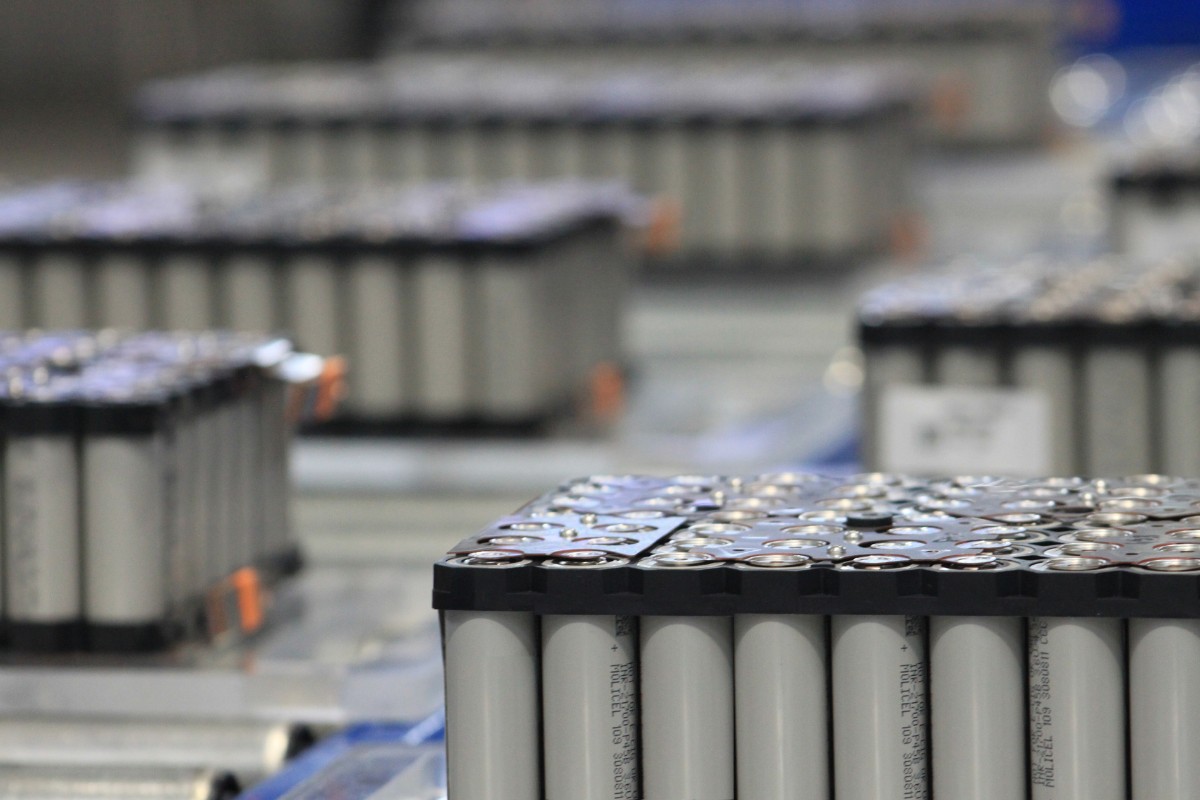DASA funded VR training tech licenced by Australian Army
Citing their success and feedback from DASA and UK Armed Forces trials, SimCentric teamed up with Australian company Applied Virtual Simulation (AVS), to deliver SAF-TAC to the Australian Army.
Team-based training is essential for military personnel to improve individual and collective proficiencies but it is difficult to deliver in an effective and cost-efficient way. Because of this, virtual training has grown in demand as a low-overhead method to complement live training. However, traditional desktop virtual training presents a steep learning curve as users have to learn complex mouse and keyboard controls. It is also highly detached from how users perform actions in real-life situations.
SimCentric’s 'SAF-TAC' Virtual Training Environment received £300,000 in DASA funding as part of the Open Call for Innovation 2020. The innovation combines gaming software and commercial off-the-shelf VR headsets to train military personnel.
Built upon the popular commercial gaming engine, Unreal Engine, SAF-TAC’s movement tracking capabilities, realistic graphics, sound design and physics all combine to create a simulation that emphasises immersion and realism.
Headset sensors and motion controllers track real-life user movement, while the near-eye headset display immerses the user in the virtual environment. Trainees have full motion control, so to crouch and turn in the simulation, the user simply crouches and turns in real life, rather than pressing a keyboard and mouse input. This enables military personnel to improve skills such as situational awareness, posture, positioning, movement and weapon handling. These individual tactile skills have historically been difficult to train through traditional keyboard and mouse solutions, where the focus has been less on the individual and more on strategic interactions between larger units.
Trials with UK Armed Forces
Through the DASA Open Call, SimCentric took SAF-TAC from prototype, towards military trials, where it saw action with the Parachute Regiment, 4 Princess of Wales’s Royal Regiment, Royal Air Force Regiment and the Royal Marines.
DASA support and trial feedback was instrumental for SimCentric. It helped them improve the user experience and fidelity of SAF-TAC, further developed SimCentric’s relationships with potential military end users, and also provided valuable evidence that showed how military units can benefit from the training solution.
Because of the intuitive nature of VR, the trials showed how users immediately got to grips with the system to train. VR-based training presented a much smaller learning curve for users in comparison to keyboard and mouse solutions, ensuring more time was spent training for operational deployments, and less time was spent learning how to use the system. SimCentric also found that personnel were using the system stand alone for individual skills training, even after collective squad training had finished, demonstrating the potential for scalability and its highly engaging nature.
SAF-TAC delivered to Australian Army
SimCentric has partnered with Australian company Applied Virtual Simulation (AVS), to deliver SAF-TAC to the Australian Army for their Land Simulation Core 2.0 Program, which seeks a suite of common simulation software to train military personnel in an integrated virtual environment.
SAF-TAC will underpin evaluations on where the Australian Army may apply VR in training. User evaluations are being conducted at 7 regional locations across Australia to inform where VR systems can provide the greatest benefit. Similar to their UK counterparts, trainees have showed rapid engagement and keenness to use the VR training technology.
Dr Adam Easton, CEO at SimCentric, said: "As a long term trusted supplier to the Australian Army, SimCentric is proud to deliver cutting edge technologies of relevance to the Australian Army that will tangibly enhance their individual and collective skills.
"By leveraging the extensive advantages of the Unreal Engine commercial gaming engine including supply chains and wider platform investment, the Australian Army can rapidly and sustainably modernise to deliver unprecedented capability efficiently to its soldiers in a way that bespoke military software simply cannot achieve."
The SimCentric team has expanded, tapping into the talented pool of developers from the gaming industry that have experience using the Unreal Engine.
DASA’s impact and lessons learned from the Open Call, and subsequent engagement with the Australian Army, have helped SimCentric steer the direction of SAF-TAC. In the future, SimCentric intends for the product to be highly customisable, enabling the Australian Army to modify and add their own content to SAF-TAC to cultivate their own military modification community. This will enable SimCentric to focus on improving the product in different ways, for example, utilising the newly launched Unreal Engine 5, which is now supporting VR and will provide a huge leap in simulation fidelity.














